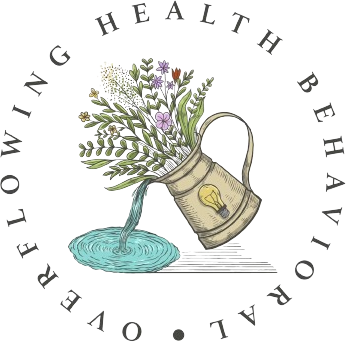Depression
Depression
Depression, a mental health disorder affecting millions of individuals worldwide, is a complex and pervasive condition that can have a profound impact on a person's well-being and daily functioning. It is characterized by persistent feelings of sadness, loss of interest or pleasure in activities, changes in appetite and sleep patterns, low energy levels, difficulty concentrating, and a sense of hopelessness or worthlessness.
Depression is not just a passing feeling of sadness; it is a chronic condition that can significantly impair an individual's quality of life. It affects people of all ages, genders, and backgrounds, and can manifest differently in each person. The causes of depression are multifactorial and can include a combination of genetic, biological, environmental, and psychological factors.
Living with depression can be an overwhelming and isolating experience. It can impact all aspects of a person's life, including relationships, work or school performance, and overall physical health. Individuals with depression may experience a sense of emptiness, lack of motivation, and a loss of interest in activities they once enjoyed. Simple tasks can become challenging, and the emotional burden can be exhausting.
Fortunately, depression is a treatable condition. Seeking professional help is often the first step towards recovery. Mental health professionals, such as psychiatrists, play a crucial role in diagnosing and treating depression. Medications, such as antidepressants, can be prescribed to help regulate brain chemicals and alleviate symptoms of depression.
In addition to professional help, a strong support system is vital for individuals battling depression. Friends, family, and loved ones can provide emotional support, understanding, and encouragement throughout the journey towards recovery. Support groups and online communities can also offer a sense of belonging and an opportunity to connect with others who are going through similar experiences.
It is essential to remember that depression is not a sign of weakness or a personal failing. It is a legitimate medical condition that requires compassion and understanding. Breaking the stigma surrounding mental health is crucial in encouraging individuals to seek help and promoting open conversations about depression.
